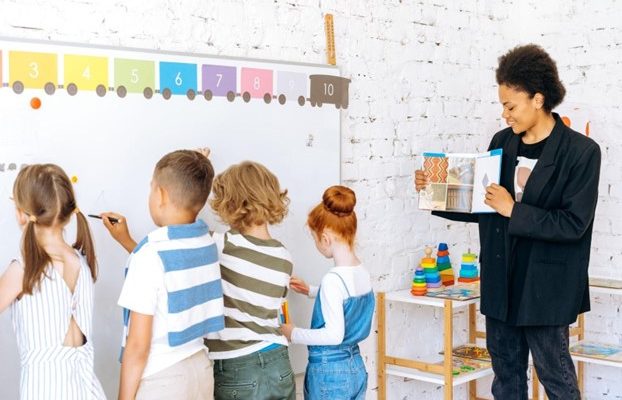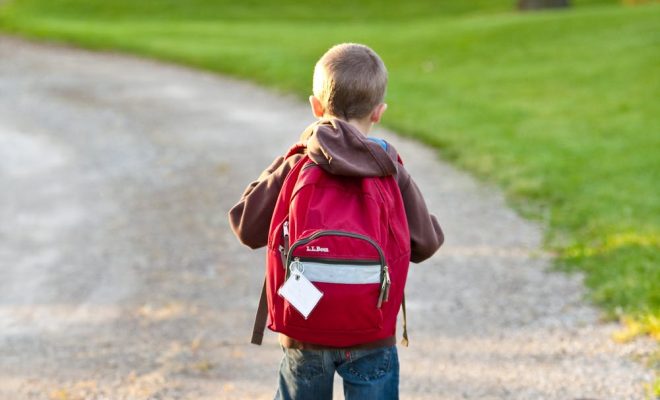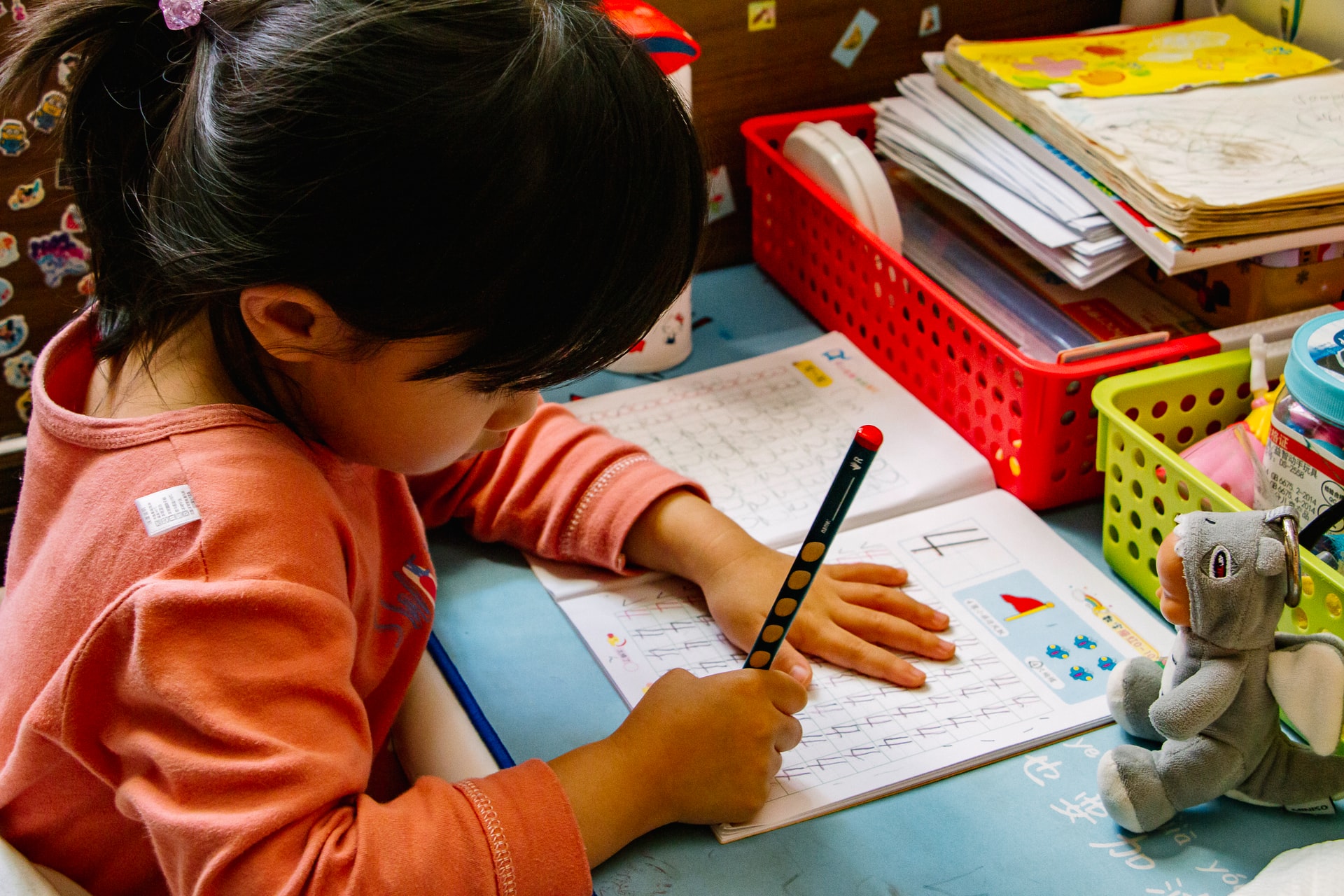Do You Know the 13 Types of Student Misbehavior?

I spent seven years as a public-school teacher, and nothing frustrates you more than student misbehavior. It can interrupt the teaching and learning process, and if not addressed, the ability to encourage other students to misbehave also. Because of this, teachers need to understand the types of student misbehavior, as well as their causes.
If they don’t, teachers will find themselves always dealing with student discipline issues, which robs all students of a quality education. For me, this was a no brainer. There was no way I was going to let a few students derail my teaching efforts. I rolled my sleeves up and got to work, learning everything I could about classroom management.
Consequently, student misbehavior became non-existent in my class. All of my students thrived in a classroom that was distraction-free and where every child became a partner in the educational process. You may be thinking to yourself, how can I achieve this less of classroom management? It’s not that hard, but first, you need to start with the fundamentals, like understanding the types of disciplines issues that you need to be prepared to handle.
In this blog, I will discuss 13 types of student misbehavior and their characteristics. I hope that pre-service and new teachers can use this information to devise countermeasures to deal with student discipline issues.
- Inattention— daydreaming, looking out the window, drawing, thinking about things that have nothing to do with to the lesson.
- Apathy— a general disinclination to participate, sulking, or not caring, not wanting to try or to do well
- Needless talk— students chatting during instructional time about things unrelated to the lesson
- Moving about the room— getting up and moving about without permission, congregating in parts of the room
- Annoying others— provoking, teasing, picking at, and calling names.
- Disruption— shouting out during the instruction, talking and laughing inappropriately, causing “accidents.”
- Lying— falsifying statements to get one’s way or to get others in trouble.
- Stealing— taking things that belong to others.
- Cheating— being academically dishonest or duplicitous in their dealings with others
- Sexual harassment— making others uncomfortable through touching, sex-related language, or sexual innuendo
- Aggression and fighting— showing hostility toward classmates, threatening them, shoving, pinching, wrestling, hitting
- Malicious mischief— doing damage intentionally to school property or the belongings of others
- Defiance of authority— talking back to the teacher, refusing to do as the teacher requests
What did we miss?






